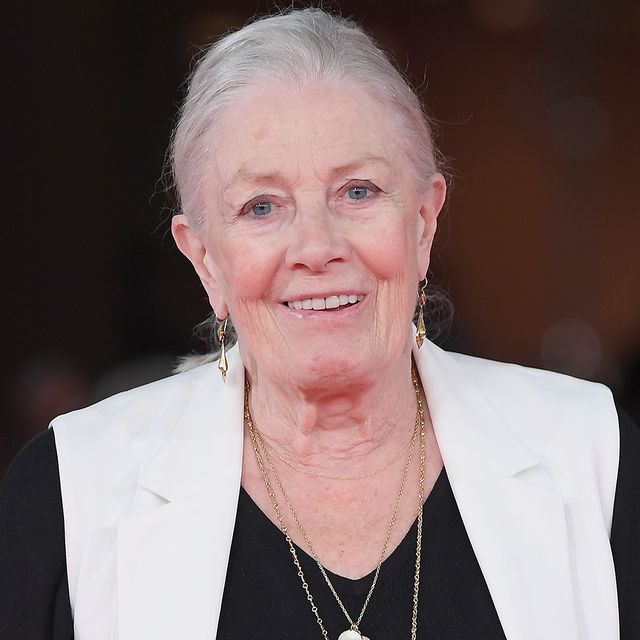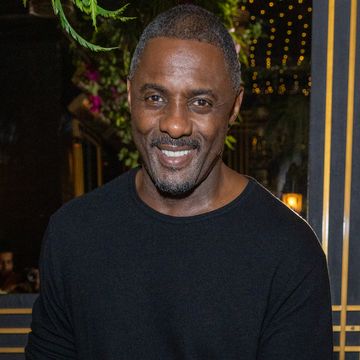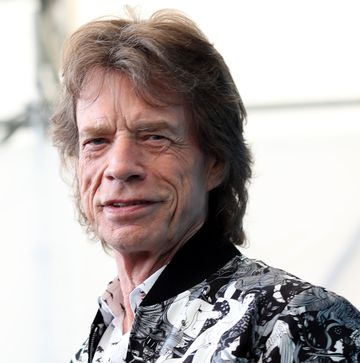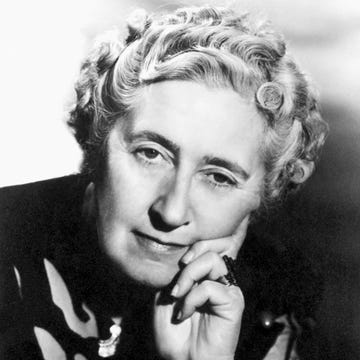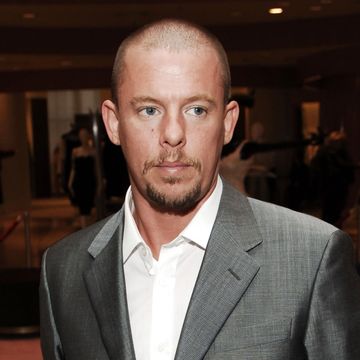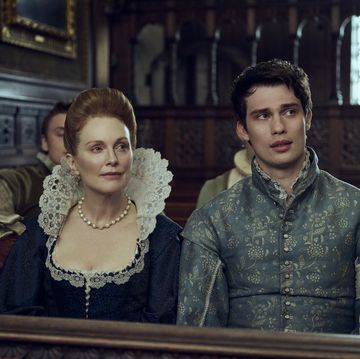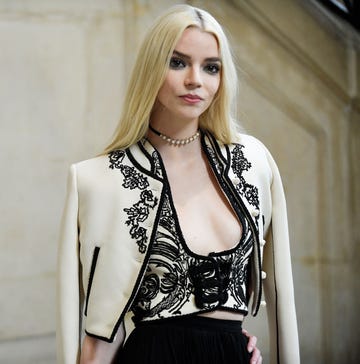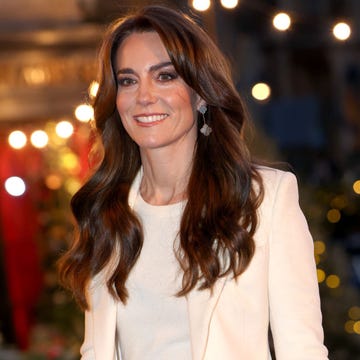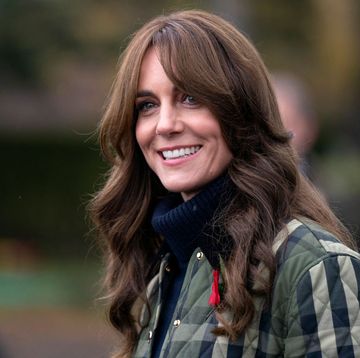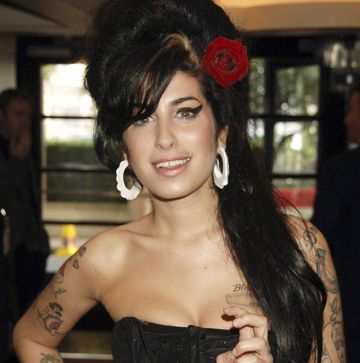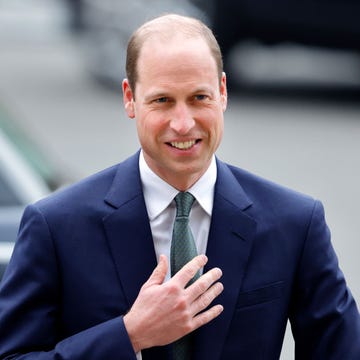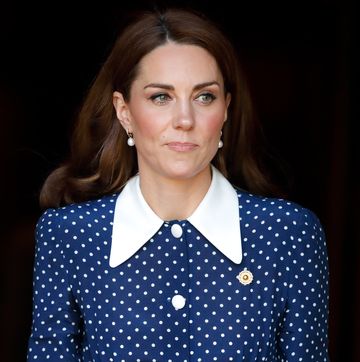(1937-)
Who Is Vanessa Redgrave?
Vanessa Redgrave made her professional debut in the play A Touch of the Sun (1957). In the late 1960s and early '70s, Redgrave showed her mastery of both classical and commercial fare, winning an Oscar and getting nominated for two more, and more followed. Later a controversial figure because of her political views, Redgrave was called “the greatest actress of our time” by Tennessee Williams.
Early Life and Career
Redgrave comes from a long line of actors. Her father, Sir Michael Redgrave, was on stage when he learned that she was born. Sir Laurence Olivier, his co-star in the production, remarked to the audience at the end of the show that "Tonight a great actress has been born," according to The New York Times.
The oldest of three children, Redgrave studied at the Central School of Music and Dance in London. She also spent some time in New York City in the mid-1950s where she sat in on classes at the Actors Studio. Redgrave made her stage debut in 1957 and her first film, Behind the Mask, with her father the following year. Theater, however, remained her focus for much of the 1960s. She appeared in a number of the Royal Shakespeare Company productions during this time.
Movies
In the late 1960s, Redgrave took on a number of iconic roles. She played Anne Boleyn, the doomed wife of King Henry VIII, in 1966's A Man for All Seasons, as well as another famous English royal, Guenevere, opposite Richard Harris' King Arthur in 1967's Camelot. Moving on to more contemporary material, she starred in Isadora (1968), a biopic of the famed modern dance pioneer Isadora Duncan.
Redgrave lent a certain gravitas and regality to the title role of 1971's Mary Queen of Scots. But it was her performance in 1977's Julia that brought her Oscar gold. In the film, she plays Julia, a woman living in Germany and working against the Nazi regime. Her friend, playwright Lillian Hellman (Jane Fonda), becomes involved in Julia's resistance efforts by agreeing to smuggle money into Germany.
A longtime political activist, Redgrave had supported and narrated a documentary called The Palestinian, which championed an independent Palestinian state, around this time as well. Outside the Academy Award ceremony, members of the Jewish Defense League protested Redgrave's nomination and presence at the event. She called the protesters "zionist hoodlums" in her acceptance speech for Julia. Redgrave and her brother Corin were also active in England's Workers Revolutionary Party.
The controversy surrounding her pro-Palestinian views stirred up again when she played a Jewish singer and musician at the Auschwitz concentration camp in the 1980 TV movie Playing for Time. Even Fania Fenelon, the real-life woman the film was based on, objected to the casting of Redgrave because of her politics. Despite the uproar, Redgrave did an outstanding job as a member of the orchestra that played music for women on their way to the gas chamber. Redgrave picked up her first Emmy Award for the film.
In 1991, Redgrave had a chance to work with her real-life sister Lynn Redgrave in the television adaptation of the 1962 film What Ever Happened to Baby Jane?. She earned an Academy Award nomination the following year for her supporting role in James Ivory's Howards End starring Emma Thompson and Anthony Hopkins. The film was based on the E.M. Forster novel. In 1997, Redgrave brought to life another literary character. She played the title character in Mrs. Dalloway, based on the Virginia Woolf work.
Redgrave added Tony Award winner to her long list of accolades in 2003. She won for her performance as the morphine-addicted matriarch in Eugene O'Neill's Long Day's Journey in Night. Around this time, Redgrave began her recurring role on the television drama Nip/Tuck. She played the mother of her real-life daughter Joely Richardson on the show.
Recent Projects
In 2007, Redgrave gave an impressive performance in the one-woman show The Year of Magical Thinking. The play was based on the book by Joan Didion, which reflected on her grief in the wake of her husband, John Gregory Dunne. Redgrave had been Didion's first choice for the role. Didion praised the actress to Vogue magazine, saying "She brings such intensity and truthfulness to everything she does."
Redgrave continues to work steadily. She appeared in Coriolanus (2011) with Ralph Fiennes as his mother in this Shakespearean film adaptation. That same year, Redgrave lent her distinctively stately voice to the animated movie Cars 2.
Life Off Screen
Redgrave was married to director Tony Richardson from 1962 to 1967. They had two children together, daughters Natasha and Joely. Her daughter Natasha, who was married to actor Liam Neeson, died in 2009 after a skiing accident. Redgrave has also a son, Carlo Gabriel Nero, from her longtime relationship with actor Franco Nero. She and Nero met with making Camelot.
QUICK FACTS
- Name: Vanessa Redgrave
- Birth Year: 1937
- Birth date: January 30, 1937
- Birth City: London
- Birth Country: England
- Gender: Female
- Best Known For: Called “the greatest actress of our time” by Tennessee Williams, Vanessa Redgrave is an acclaimed actress of stage and screen.
- Industries
- Television
- Film
- Drama
- World Politics
- Theater and Dance
- Astrological Sign: Aquarius
Fact Check
We strive for accuracy and fairness.If you see something that doesn't look right,contact us!
CITATION INFORMATION
- Article Title: Vanessa Redgrave Biography
- Author: Biography.com Editors
- Website Name: The Biography.com website
- Url: https://www.biography.com/actors/vanessa-redgrave
- Access Date:
- Publisher: A&E; Television Networks
- Last Updated: May 5, 2021
- Original Published Date: April 2, 2014
